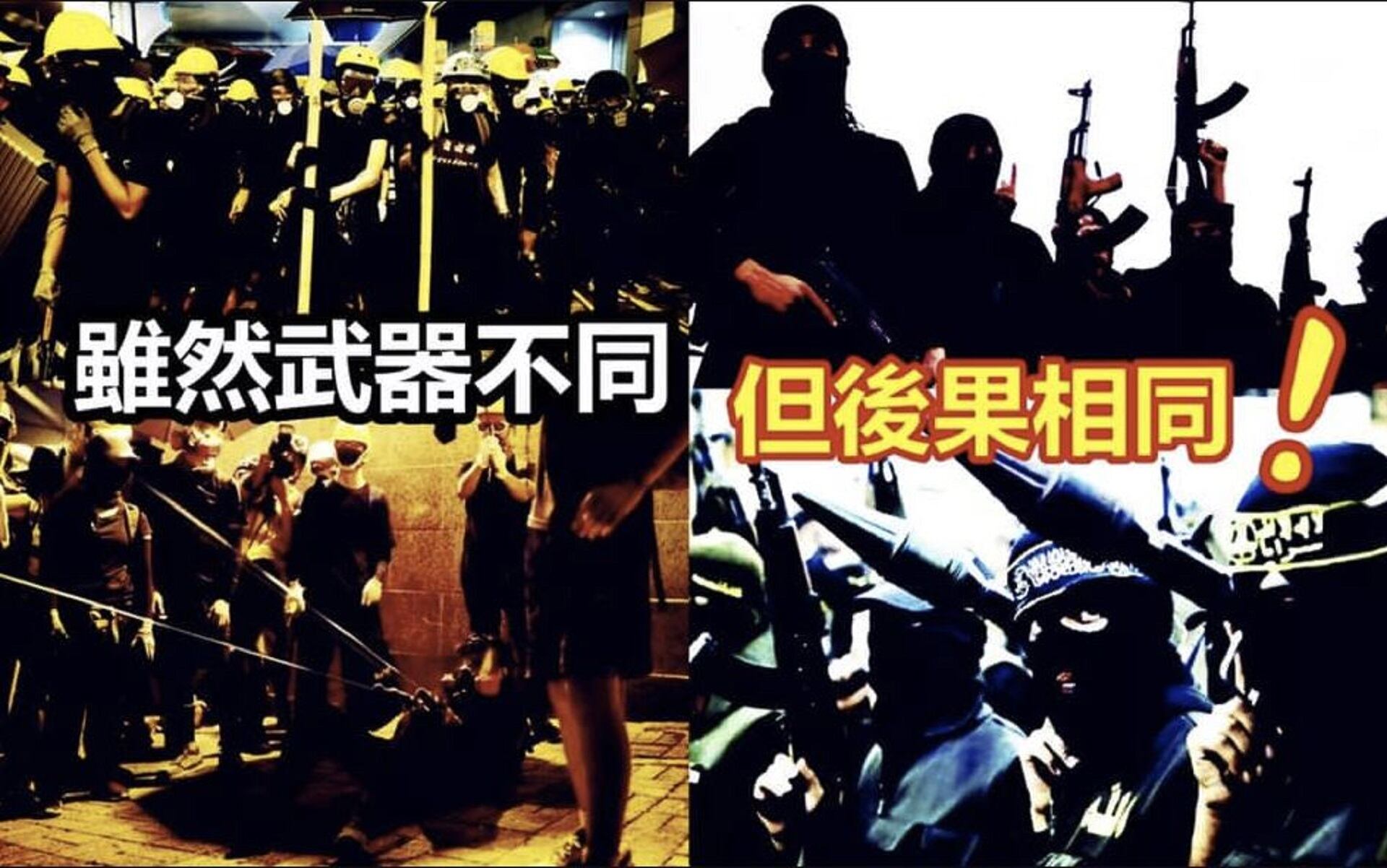Nearly a thousand Twitter accounts were blocked and several Facebook pages taken down on Monday in a coordinated effort by the social media platforms to curb misinformation campaigns spread by the Chinese government against protesters in Hong Kong.
"These accounts were deliberately and specifically attempting to sow political discord in Hong Kong, including undermining the legitimacy and political positions of the protest movement on the ground," Twitter said in a statement.
A total 936 accounts were blocked, all of which originated from mainland China and were operated though "state-backed" virtual private networks — better known as VPNs — since Twitter is already blocked by the government in China.
Based on a tip from Twitter, Facebook also announced on Monday that it has disabled five accounts, seven pages, and three groups.
"Although the people behind this activity attempted to conceal their identities, our investigation found links to individuals associated with the Chinese government," Nathaniel Gleicher, Facebook's head of cybersecurity policy, said in a statement.
Both the Twitter and Facebook accounts appeared to bemoan the demonstrators in Hong Kong, making them out to be wanton and violent antagonizers with ulterior motives.
For over two months now, protesters in Hong Kong have been holding massive demonstrations across the city to express their grievances over the government's relationship with Beijing. The protests first broke in opposition to legislation that would have permitted extraditions to mainland China. The law was suspended but not fully withdrawn — a distinction that continues to fuel unrest.

Dissent, however, has broadened as protestors, who are mostly young people, object to China's increasing control over the city, which has enjoyed relative autonomy under the "one country, two systems" governing framework established after the Hong Kong handover in 1997. Just last week, the situation significantly escalated as demonstrators occupied the city's international airport for several days and violent skirmishes broke out between police and protesters.
The Chinese government, so far, has not intervened directly with Hong Kong but has said the protesters show "signs of terrorism" and has repeatedly argued that anything that happened in Hong Kong is an internal Chinese matter. The government has also posted several disparaging editorial posts against the demonstrators on state-run social media channels.
The blocked accounts, however, were not disabled because of their political leanings, Facebook and Twitter said. They were blocked because they used deceptive and "coordinated inauthentic behavior" to spread spam and misinformation.
"We're constantly working to detect and stop this type of activity because we don't want our services to be used to manipulate people," Gleicher added. "As with all of these takedowns, the people behind this activity coordinated with one another and used fake accounts to misrepresent themselves, and that was the basis for our action."
Unlike elsewhere in the world, Facebook continues to be an extremely popular platform in Hong Kong with over 98 percent of social media users logging on at least once a month, according to eMarketer.
Twitter also announced Monday that it has archived and made public the blocked account's data in the interest of transparency and public knowledge. The trove of content, Twitter said, is the largest of its kind amongst social media platforms.









